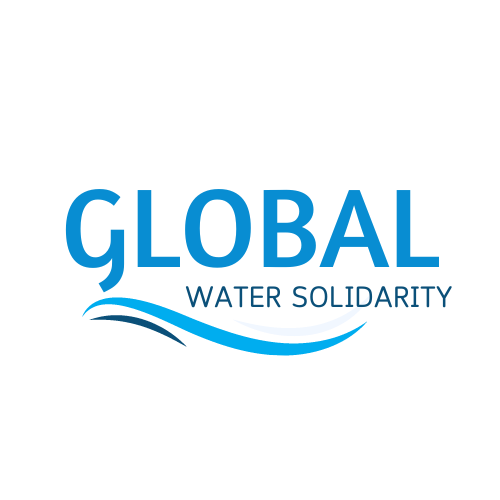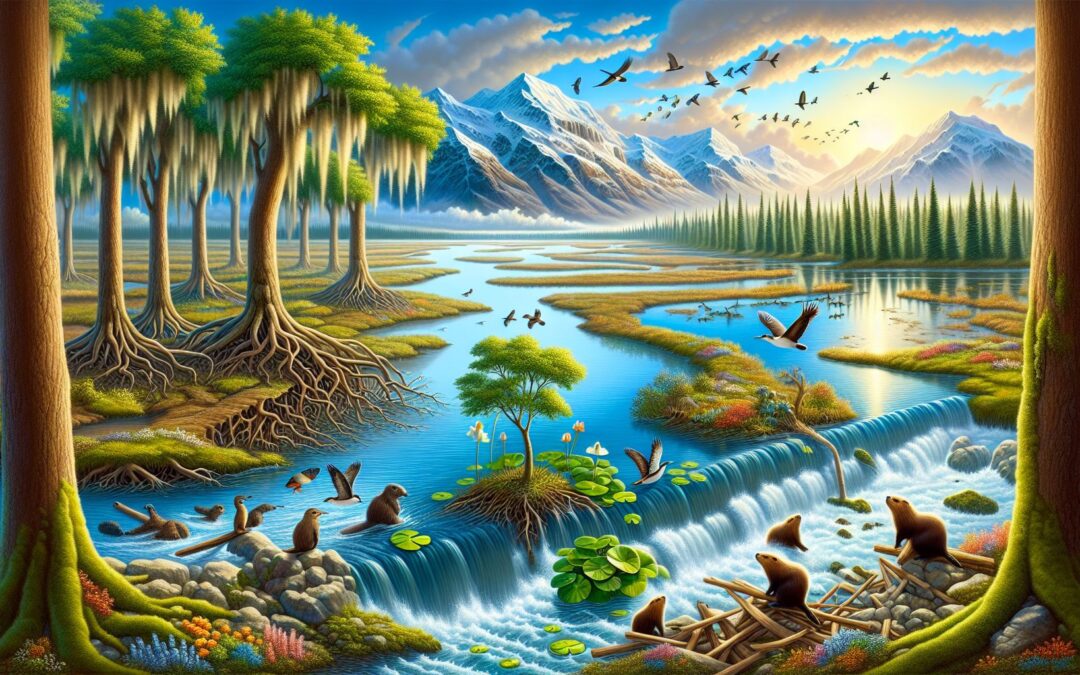Freshwater, the lifeblood of our planet, is under significant strain due to human activities, climate change, and unsustainable use. Water sustains life, and its continual flow within ecosystems has a substantive effect on the world’s diverse biomes, from forests and wetlands to coral reefs and estuaries. As freshwater sources become more insecure and polluted, the implications for the broader environment are profound.
Understanding the pivotal role of water within ecosystems, the drivers of change, and potential mitigation actions is critical if we are to safeguard these invaluable systems and the life they support. This article aims to elucidate the nexus between water and ecosystems and discuss why their conservation is so vital.
The Role of Water in Ecosystems
It is hard to overstate the import of water in ecosystems – it shapes, sustains, and stimulates life in its varied forms. It plays a crucial role in the survival, reproduction, and distribution of organisms1.
Water influences climate, moderates temperature, and shapes the physical environment, dictating flora and fauna characteristics and habitats. Additionally, water’s dynamic movement across ecosystems helps transfer nutrients and organisms, both essential for biodiversity and ecosystem health.
Impacts of Water Issues on Ecosystems
An interconnected array of problems affects global water sources. Climate change, pollution, overuse, mismanagement, and water diversions are factors that serve to exacerbate the water crises in ecosystems.
As climate change warms the planet, patterns of precipitation are shifting. More intense storms and more frequent, severe droughts disrupt traditional water rhythms integral to ecosystem health 2.
Aquatic ecosystems bear the brunt of water pollution. Via surface run-off, pollutants – whether industrial effluent, chemicals from agricultural practices, or municipal waste – flow into water bodies with profound impacts on aquatic life.
Water overuse, too, disturbs ecosystems. Irrigation for agriculture, mining activities, population growth, and industrial usage can result in water sources drying up, affecting species as well as people dependent on these water sources.
Protecting Water for Ecosystem Health
Confronting these water-related challenges to ecosystems necessitates transdisciplinary approaches. We must implement robust legal and policy frameworks that recognize the intrinsic value and rights of nature, and communities must be educated to understand their roles in water resources management and conservation.
Conclusion
Water, ecosystems, and life are inextricably intertwined. To protect the lifeblood of our planet and the vital ecosystems it nourishes, we must fully comprehend these relationships and act to preserve and enhance them. If we are to secure a sustainable future, saving water and protecting ecosystems is not an option – it is a necessity.
Our planet does not contain limitless quantities of freshwater, and every drop must be conserved and utilized sustainably. Time and tide wait for no man – and, in the case of water security and ecosystem health, neither does the clock. The responsibility is upon us all to ensure the continued vitality of our world.

